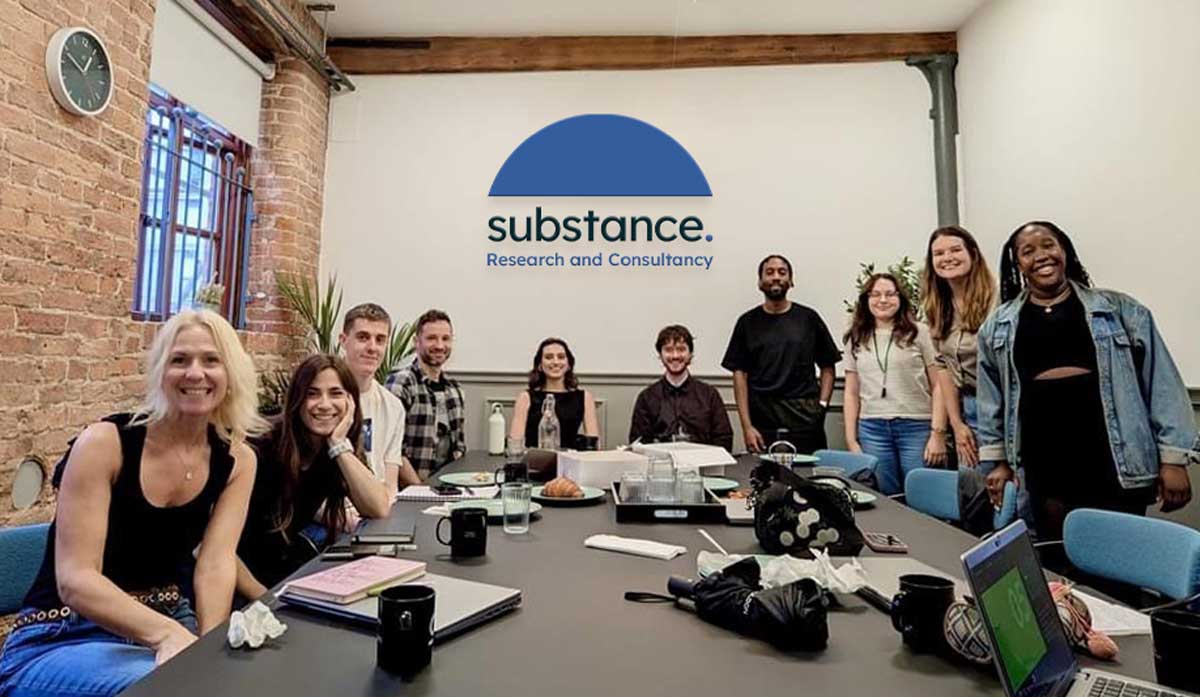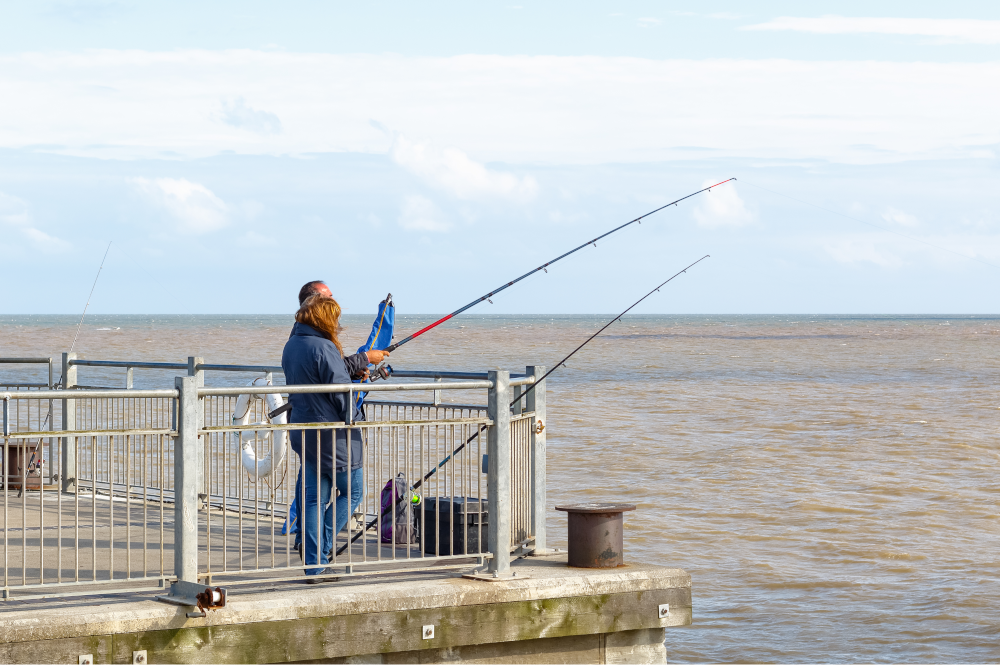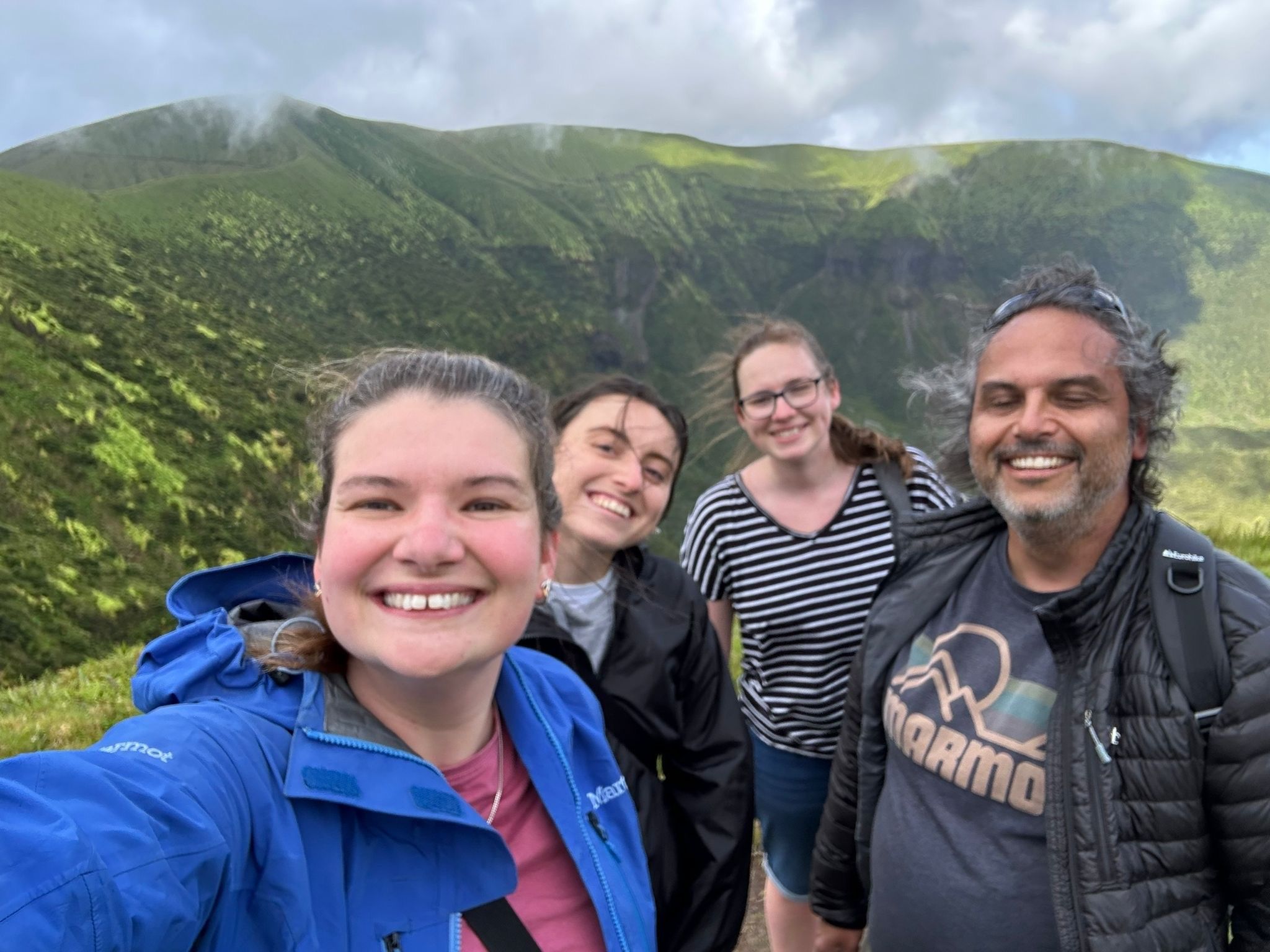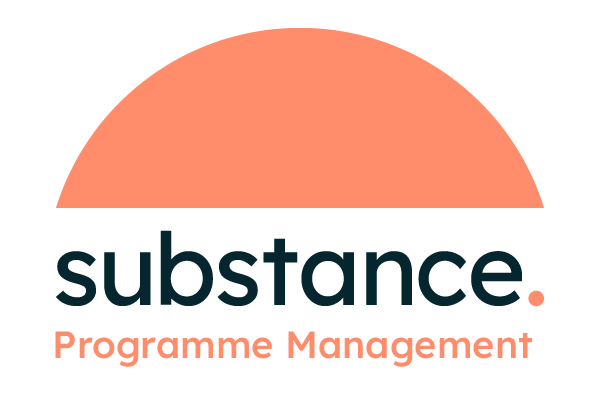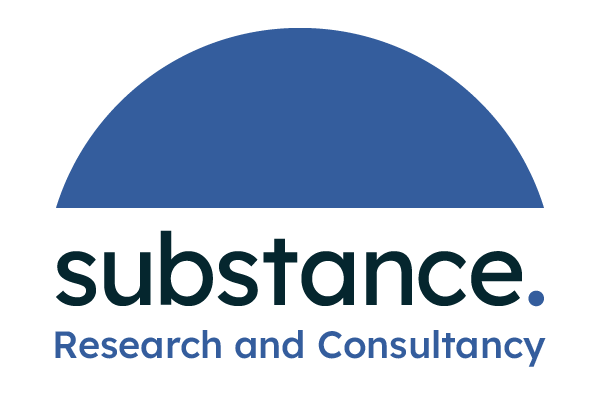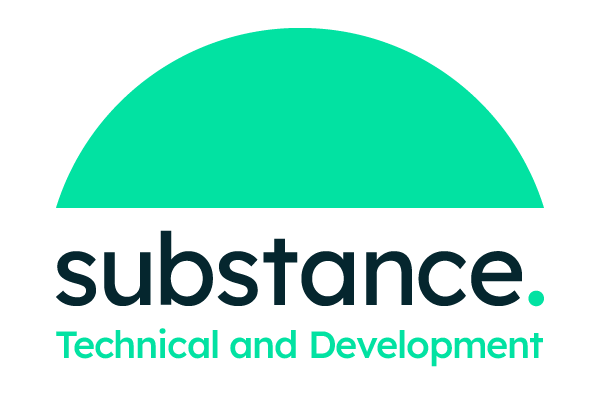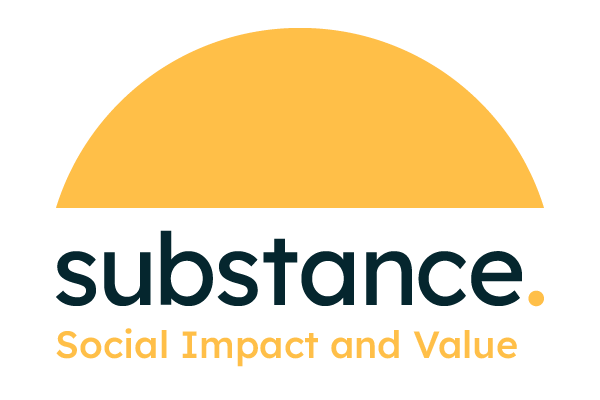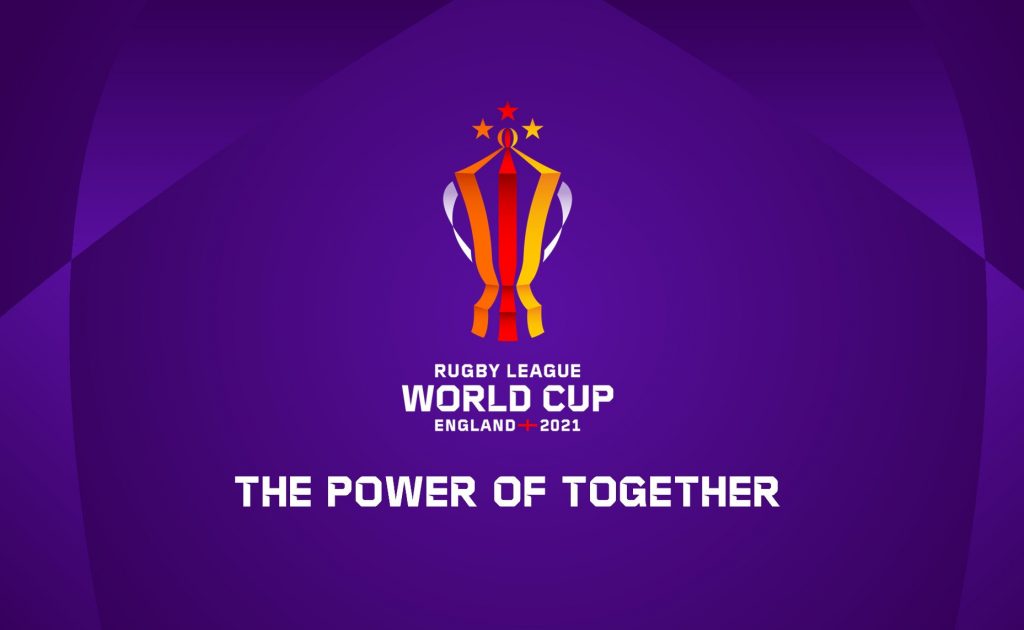
Substance and The Sports Consultancy have delivered a report, commissioned by RLWC2021 and published today, that demonstrated the RLWC2021 Social Impact programme have had “meaningful impacts for those that watched, engaged, attended and took part”. The tournament aimed to make a positive difference in communities, grassroots rugby league clubs and in the lives of people living in some of the most deprived areas of England. Led by £30 million of investment, this ambition was achieved and 96% of the public believe that hosting RLWC benefitted the North of England.
The Rugby League World Cup’s social impact programme focused on six key strands:
- Creating strong communities through new community hubs, new social connections, increased civic pride and increased volunteerism
- Growing the game through increased participation and interest in rugby league
- Stimulating physical activity and health
- Improving mental wellbeing and increased awareness of mental fitness
- Developing people through new skills and knowledge
- Boosting the economy, particularly in more deprived areas and creating more financially sustainable community clubs and more commercial interest in rugby league
The RLWC2021 adopted a unique approach with its Social Impact programme, embedding it in communities prior to and during the event. UK Sport have hailed this approach as a programme that will ‘set the standard for future sporting events’. The report highlighted the positive impacts on local participating communities, particularly improvements in community cohesion where activities “brought communities together, broke down barriers, changed perceptions and gave people something to be proud of”.
The full report can be found here: https://lnkd.in/eenfrDQ4
Quotes:
Sports Minister Stuart Andrew said:
“The UK has a strong track record of hosting the world’s greatest sporting contests and the Rugby League World Cup 2021 broke the mould in terms of creating a legacy before a pass had even been thrown.”
“I know from my own constituency in the north what rugby league means to people and this report shows that the tournament’s £30 million social investment has truly delivered a lasting impact on communities across England.”
Dame Katherine Grainger, Chair of UK Sport, said:
“Rugby League World Cup 2021 is a shining example of the power that hosting major sporting events in this country has to change people’s lives for the better. It was a privilege for us to be part of this event and to work with this fantastic team.
“The pioneering approach to social impact – embedding social impact into the tournament’s DNA and focusing on impact before and during the tournament, not just afterwards – is something that we hope to see across other sporting events as we create the greatest decade of extraordinary sporting moments.
“As we build on the legacy of Rugby League World Cup 2021, we will continue to support and celebrate the role of sport to power positive change on and off the field of play.”
Simon Johnson, RFL Chair, said:
“This Report provides yet more evidence of the tremendous social impact that Rugby League delivers. Rugby League World Cup 2021 set a new benchmark for inclusivity, and how events can create lasting impact on communities. Many of the stories in this report are truly inspiring and show how the tournament will transform lives for the better.”
Kirsten Sibbit-Johnston, Associate Director, The Sports Consultancy, said:
“We have worked with a huge number of major events and been particularly impressed with RLWC2021’s focus on purpose – embedding social impacts throughout, working with expert partners and delivering pre and during the tournament – which has resulted in the tournament achieving so much of what it set out to achieve. I think RLWC2021 can be used as a blueprint for others to achieve tangible, relevant social impact enhanced by sport.”
Adam Brown, Head of Research, Substance, said:
“Substance has been delighted to be involved in evidencing the tournament’s social impact with TSC and RLWC2021 over a number of years. Aspects such as the Inclusive Volunteer Programme really showed how the event extended what is normally delivered to involve people who would otherwise not participate.”

